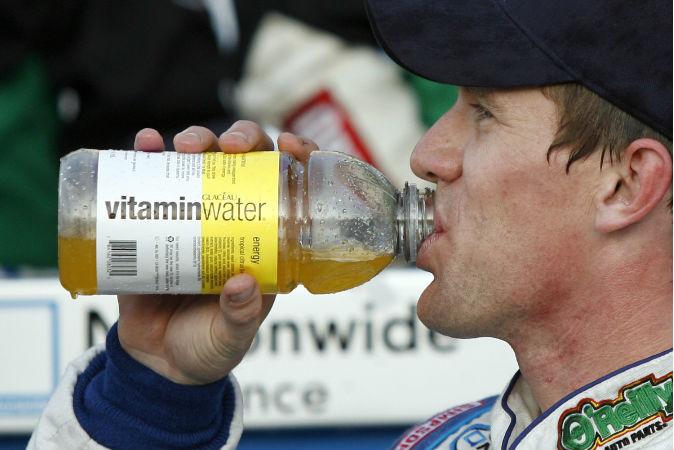A beverage called Vitaminwater has been very popular in recent years.
It contains added vitamins and minerals, and is marketed as healthy.
However, what is left out of the marketing claims, is that Vitaminwater is loaded with added sugar.
As you may know, sugar can cause severe harm when consumed in excess.
Additionally, almost no one actually needs more of the nutrients added to Vitaminwater.
This article lists 5 reasons why Vitaminwater is actually bad for your health.
What Is Vitaminwater?

One bottle of Vitaminwater contains 120 calories and 32 grams of sugar. AP Photo/Mark Lennihan





